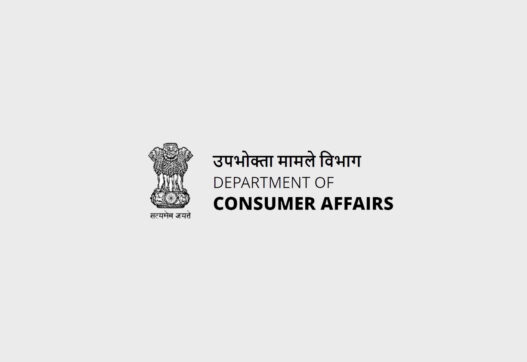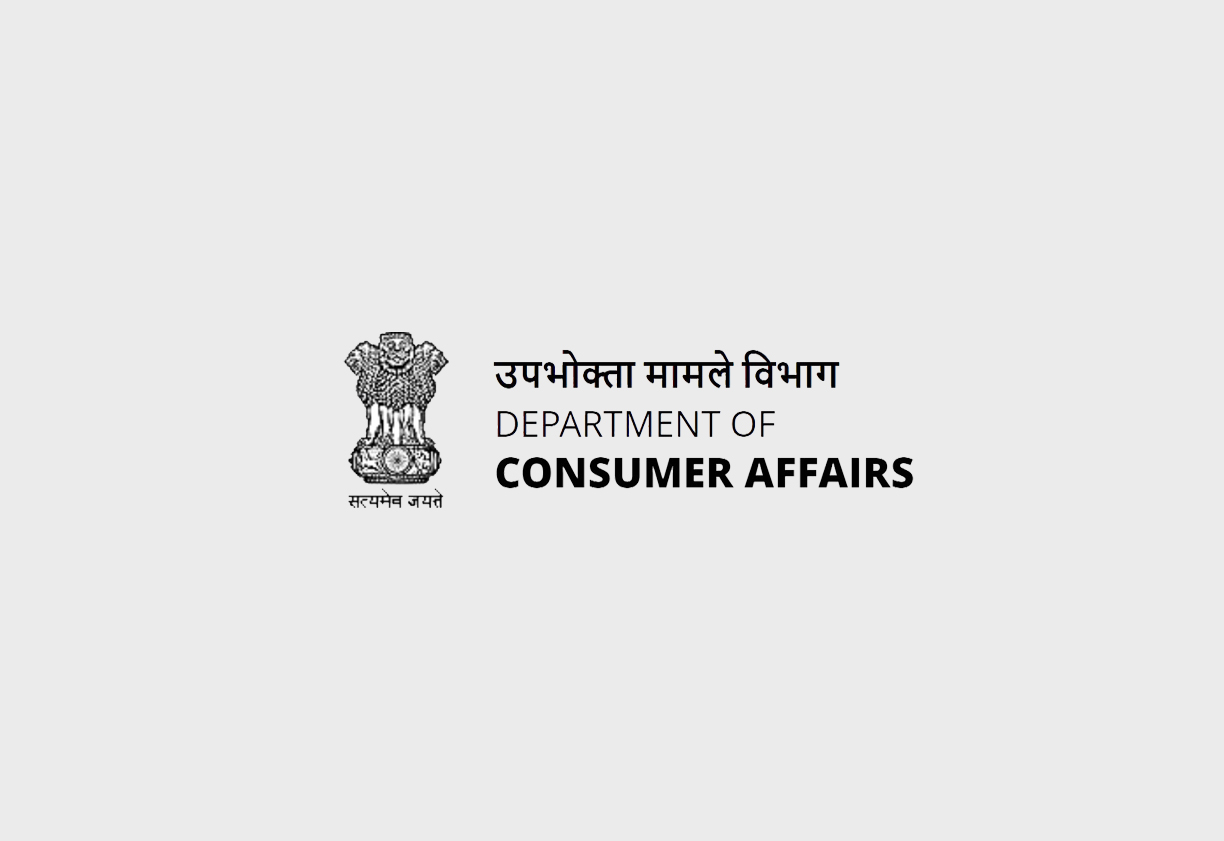Ministry of Consumer Affairs, Food and Public Distribution
The Bureau of Indian Standards Act, 2016, is a comprehensive legislation that establishes the Bureau of Indian Standards (BIS) as the national standards body for India. This Act aims to harmonize the activities of standardization, conformity assessment, and quality assurance of goods, articles, processes, systems, and services. It outlines the functions and powers of the Bureau, including the formulation of Indian Standards, the granting of licenses and certificates of conformity, and the enforcement of standards. The Act is designed to promote quality, safety, and reliability in products and services, and it is a cornerstone of the Indian standards and quality assurance framework.
Act Background and Ministry:
The Bureau of Indian Standards Act, 2016, was enacted by the Parliament of India. It was designed to establish a national standards body for the harmonious development of standardization, conformity assessment, and quality assurance. The Act falls under the purview of the Ministry of Consumer Affairs, Food and Public Distribution, Government of India.
Enactment Date, Number of Chapters, Number of Sections:
The Act was enacted on March 21, 2016. It is structured into 57 sections, divided into 5 chapters.
Act Governed By:
The Act is primarily governed by the Bureau of Indian Standards (BIS), which has the authority to establish standards, grant licenses, and enforce the provisions of the Act. The Central Government also plays a significant role in the implementation of the Act, including appointing members of the Governing Council and making rules.
On Whom it is Applicable:
The Act is applicable to all manufacturers, importers, distributors, retailers, sellers, and other entities involved in the production, trade, and provision of goods, articles, processes, systems, and services in India. It also applies to certification officers, testing laboratories, and other bodies involved in conformity assessment.
Penalties/Punishments:
The Act specifies various penalties for non-compliance. These include:
-
Fines: For contravening the provisions of the Act, including publishing or recording standards without authorization, manufacturing or selling non-standard products, and for other specified offenses.
-
Imprisonment: For certain offenses, such as counterfeiting seals or tampering with licenses.
Important Pointers:
-
Bureau of Indian Standards: The Act establishes the Bureau of Indian Standards as the national standards body.
-
Indian Standards: The Act defines “Indian Standard” and outlines the process for establishing, publishing, and reviewing standards.
-
Conformity Assessment: The Act provides for conformity assessment schemes and the granting of licenses and certificates of conformity.
-
Standard Mark: The Act regulates the use of the Standard Mark, including the Hallmark for precious metals.
-
Prohibition of Non-Standard Products: The Act prohibits the import, sale, and distribution of goods that do not conform to the established standards.
-
Powers of Bureau: The Act outlines the powers and functions of the Bureau, including the power to inspect, seize, and enforce standards.
-
Rules and Regulations: The Act empowers the Central Government and the Bureau to make rules and regulations to carry out the provisions of the Act.
-
Protection of Action: The Act protects actions taken in good faith under the Act from legal challenges.
Act Copy:




